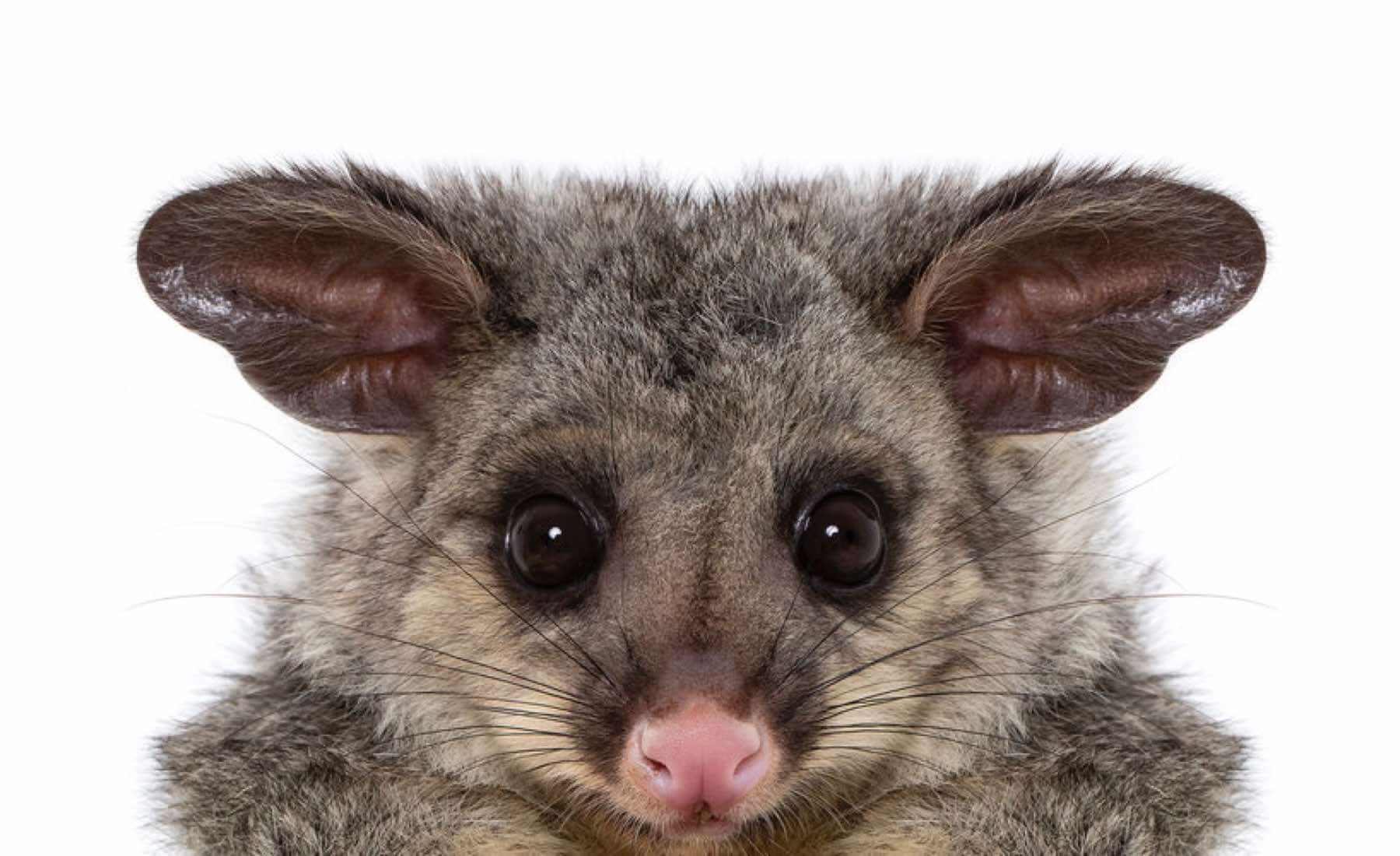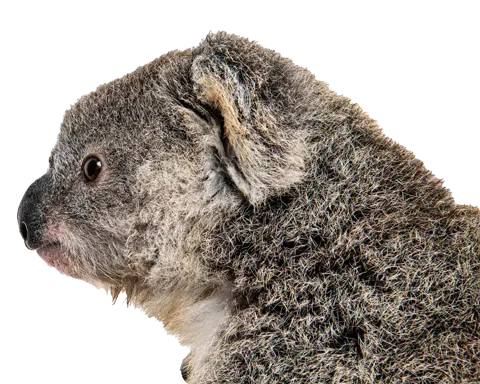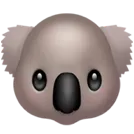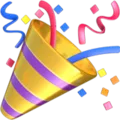
Possums and gliders are very shy animals that commonly sleep in nests in trees, in roof cavities, or in sheds. Possums are nocturnal animals so if you see one moving around during the day, this is normally a sign that the possum is sick, injured, or at the very least disorientated and needs assistance or an assessment. Possums are often found after being hit by a car or after being attacked by domestic pets. They can also suffer from a skin condition called stress dermatitis which can be brought on by trying to survive in an inadequate environment. Although this is a serious condition, it can be treated with the correct care.
• Ensure your own safety whenever stopping on a road. Check for life. If the animal is dead, check for a pouch. There may be live joeys in there or nearby. Remove dead animals from the road where possible in order to reduce the possibility of further injury to humans or other wildlife.
• Beware of sharp claws and sharp teeth when handling injured adult animals. Stress is a major factor in the death of all marsupials. Try to keep at least the head of any injured animal covered with a towel or blanket.
• If an injured adult is found, contain it. This can be done by placing an upside-down washing basket or box over the animal or wrapping it in a towel or pillowcase and placing in a covered carry cage or box. If moving the possum, try to hold the animal by the scruff of the neck and the base of the tail.
• It is important to note that small gliders can get through small holes in baskets! You can even use a fabric shopping bag as a temporary container, but make sure it is secured by tying at the top.
• Do not attempt to give the animal any food or water.
• Take the animal to your nearest vet or call a wildlife group. Make sure you tell them the exact location found as possums have a home range of around 50m and will need to be released back to that specific location. Record the location with GPS, photos, and a written description of any landmarks or points of importance.
• Tell the vet or carer what you know of the history, so the most appropriate treatment can be started. For example, if the possum has been attacked by a cat or dog, it will need immediate antibiotics or if there is no sign of injury but it is very sick, it could have ingested poison.
• If there’s a live joey, take the dead mother’s body to the vet with the joey (keeping it warm), so the vet can diagnose the problem. If poisoned with rat poison, for instance, the joey will need special treatment because it may have ingested poison through its mother’s milk.
Possum and glider joeys come into care after the mother has died, has been injured, or has been killed. Sometimes joeys are found alone as falling off their mother's back is common.
• Brushtail possums usually have only one joey. Ringtails and gliders have two or even three joeys. Joeys may be in the pouch, riding the mother’s back, or left in a nest. If you find an elongated or active teat in a female’s pouch, search nearby for joeys. If there is only one joey in the ringtail or glider pouch, search around the area as there are likely to be more that have managed to move away from their mother.
• Do not forcibly remove a joey from the mother’s teat as this may cause further injury and even death. In these cases, even if the mother is dead, you should wrap the mother in a towel, keep her in a warm place, and and take them straight to a vet or call the local wildlife group or carer.
• If the mother is dead and the joey is not attached to a teat, wrap the joey in something warm and place next to your body or a wrapped bottle of warm water. Young joeys are not able to maintain body heat and they can die from the cold. Monitor the temperature to ensure the joey does not over-heat or get too cold.
• Do not attempt to give the joey any food or water.
• Take the joey to a vet or call the local wildlife group as soon as possible. Take the mother too, if applicable - see notes in the previous section.


